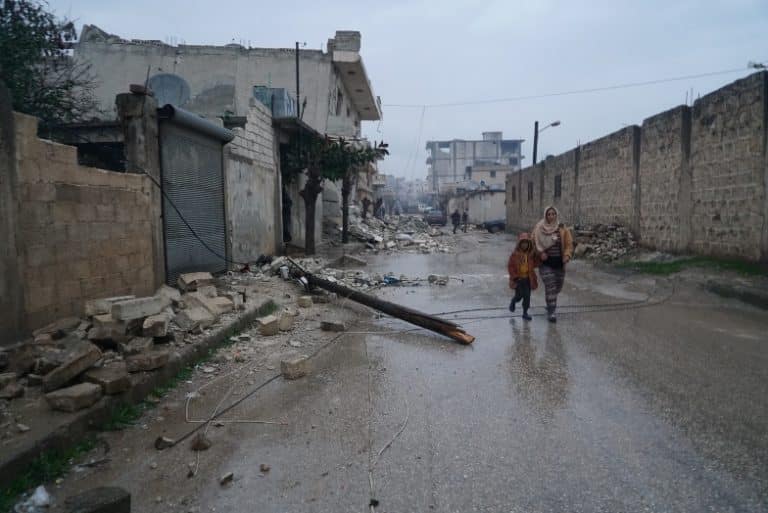
Thousands of people have been killed and many more injured in Türkiye and Syria after a multiple earthquake disaster on February 6, 2023.
Rescue teams from several countries and international organisations are on the ground providing life-saving support. The situation remains dire, with thousands still missing and rescue efforts hampered by challenging conditions. United Nations humanitarians stressed the need to ensure lifesaving aid reaches all those who need it.
“I strongly appeal to the international community to show the people of Türkiye and Syria the same kind of support and generosity with which they received, protected and assisted millions of refugees and displaced people in an enormous show of solidarity. Now is the hour to stand up for the people of Türkiye and Syria,” said UN Secretary-General António Guterres.
Release of emergency funds
The UN has announced the release of $25 million from the Central Emergency Response Fund (CERF) to support humanitarian assistance efforts across the region. More funds are urgently required, including to the Syrian Humanitarian Fund and Syrian Cross-Border Fund, which is currently depleted.
The European Union will provide emergency support to both Türkiye and Syria through the EU Civil Protection Mechanism and emergency humanitarian assistance worth €6.5 million. As part of one of the EU’s largest ever search and rescue operations through the mechanism, over 1500 rescuers and 100 search and rescue dogs are being deployed to affected areas in Türkiye.
The United Kingdom is providing vital items such as tents and blankets to help survivors cope with the freezing conditions as part of its immediate response to the crisis. A 77 strong UK search and rescue team is already on the ground helping to find survivors.

UN providing crucial support
Added to this is the support of UN agencies, who have been present on the ground from the beginning:
- UN Office for the Coordination of Humanitarian Affairs (OCHA): OCHA is coordinating the arrival of international search and rescue teams in the region. Over 50 emergency response and search-and-rescue teams have so far been deployed.
- UN Children’s Fund (UNICEF): In Syria, the priority is to ensure that the affected children and families have access to safe drinking water and sanitation services, essential for disease prevention. In Türkiye, efforts are currently focused on search and rescue and UNICEF is coordinating with authorities on the emerging needs linked to the wider humanitarian response. Support will include hygiene kits, blankets, and winter clothes.
- UN Refugee Agency (UNHCR): In Syria, UNHCR is on the ground providing emergency supplies including thermal blankets, mattresses and other supplies. In Türkiye, UNHCR teams are assisting refugee and local populations alike in response to the government’s request to provide emergency assistance, including providing kitchen sets, mattresses and tents.
- World Health Organization (WHO): is mobilising emergency supplies while activating the network of emergency medical teams to provide essential health care for the injured and most vulnerable. It has released trauma kits to at least 16 hospitals in north-west Syria.
- World Food Programme (WFP): WFP is providing emergency food to people on the ground, and plans on providing rations for around half a million people in the affected area over the coming months.
International humanitarian support can be vital in defining the life or death of several victims. Even those who have survived need support as they are displaced, possibly injured and affected by the deaths of their families.
There are several channels through which donations can be made and all help counts:
- United Nations Children’s Fund (UNICEF)
- United Nations Office for the Coordination of Humanitarian Affairs (OCHA)
- United Nations High Commissioner for Refugees (UNHCR)
- World Health Organization (WHO)
- World Food Programme (WFP)
- United Nations Relief and Works Agency for Palestine Refugees in the Near East (UNRWA)